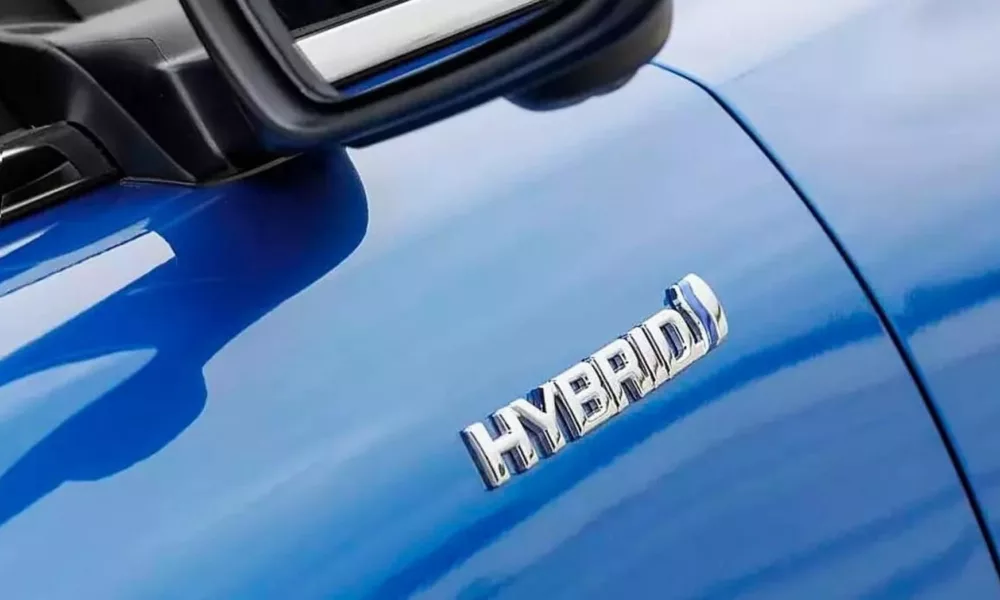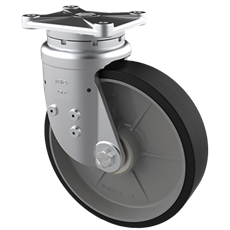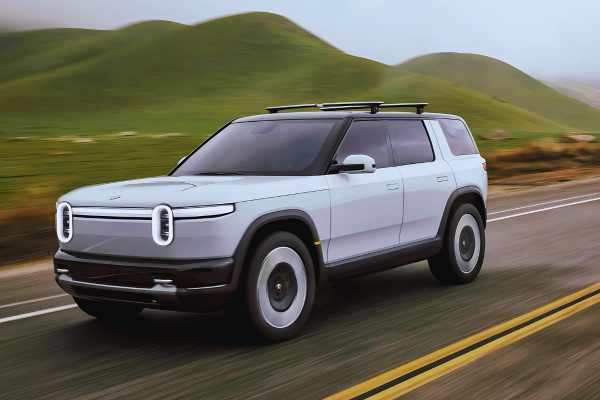In the global electric-vehicle market, the growth rate is expected to slow down in 2024, according to a report by Canalys. The reduction in state subsidies has made EVs less financially appealing to potential buyers, resulting in a forecasted growth rate of 27.1 per cent, compared to 29 per cent in 2023.
As a result, major automakers are adjusting their strategies to meet consumer demand, with a growing trend towards the viability of hybrid cars. This strategic shift is somewhat counterintuitive to the recent focus on promoting all-electric vehicles, with many automakers recognizing the potential of hybrid vehicles to lower fuel consumption and emissions in the short term.
Jaguar Land Rover (JLR) has announced a shift in focus from solely battery electric vehicles (BEVs) to plug-in hybrids (PHEVs) due to unexpected demand for their plug-in hybrid vehicles. Similarly, Toyota Kirloskar Motors in India has appealed to the government for a substantial reduction in taxes on hybrid vehicles, citing significantly lower pollution emissions than gasoline vehicles.
Maruti Suzuki, the leading automaker in India, also advocates for incentives for hybrid vehicles over BEVs, as they believe hybrid vehicles will account for approximately 25 per cent of total Maruti sales in the domestic Indian market by FY31.
This shift towards hybrids is further supported by a recent study conducted by experts from IIT Kanpur, which concluded that hybrid electric vehicles (HEVs) powered by e-fuels are more ecologically beneficial, positioning HEVs as a viable option for sustainable transportation in India.
One of the key reasons for this shift is the potential cost savings and the ability of hybrids to address common concerns associated with EVs, such as range anxiety and lack of charging infrastructure. Toyota contends that the environmental impact of producing EVs compared to hybrid electrified vehicles must also be considered.
The rise of hybrid vehicles signals a potential turning point in the automotive industry, where the future of mobility is shaping up to be a diverse landscape, with hybrid vehicles playing a significant role in driving sustainability and innovation.
As the industry continues to evolve, the role of hybrid vehicles is likely to become increasingly important in shaping the future of mobility. The automotive industry is at a critical juncture where it must balance the push towards full electrification with the practical realities of consumer demand and regulatory requirements.
Published Date: 14 Feb 2024, 11:34 AM IST

 Federal Investigators Question Ford’s Response to Fuel Leak Recall Amid Safety Concerns
Federal Investigators Question Ford’s Response to Fuel Leak Recall Amid Safety Concerns 5 Tips to Improve Ground Support Equipment’s Maneuverability
5 Tips to Improve Ground Support Equipment’s Maneuverability New Class-Action Lawsuit Accuses Rivian of Making Materially False and Misleading Statements
New Class-Action Lawsuit Accuses Rivian of Making Materially False and Misleading Statements A comprehensive guide to Electronic Stability Control (ESC): All you need to know
A comprehensive guide to Electronic Stability Control (ESC): All you need to know Bookings open for the Ducati Panigale V2 with sleek new black livery
Bookings open for the Ducati Panigale V2 with sleek new black livery Aprilia India introduces actor John Abraham as its latest brand ambassador
Aprilia India introduces actor John Abraham as its latest brand ambassador Aprilia Tuareg 660 ADV 2024 Launched in India at a Starting Price of ₹18.85 Lakh
Aprilia Tuareg 660 ADV 2024 Launched in India at a Starting Price of ₹18.85 Lakh Suzuki Hayabusa 25th Anniversary Edition now available in India – Price revealed
Suzuki Hayabusa 25th Anniversary Edition now available in India – Price revealed